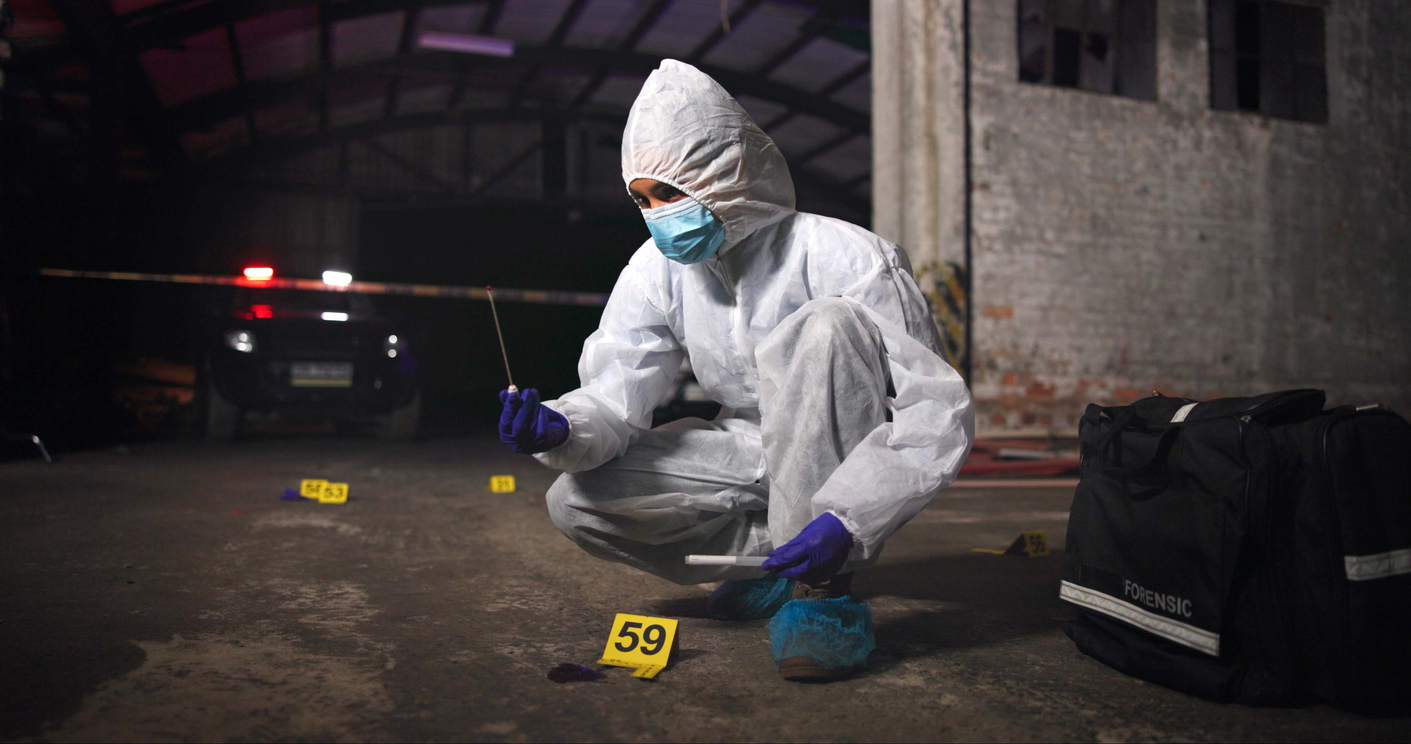Victim Advocate: Role and Responsibilities
Written by:
East Carolina University®
• Sep 18, 2024

Victim Advocate: Role and Responsibilities
In 2022, the Bureau of Justice Statistics (BJS) of the U.S. Department of Justice reported that about 24 out of every 1,000 Americans were victims of violent crimes. For many, the trauma continued even after a suspect was apprehended. They had to testify, repeatedly relive their trauma, and navigate the often overwhelming criminal justice system—all while trying to heal physically and emotionally.
Victims don’t have to go through this process alone, however. No matter what they or their loved ones need, they can turn to victim advocates for support. Entering this challenging yet rewarding field often requires developing a versatile skill set and pursuing education and knowledge of the criminal justice system.
What Do Victim Advocates Do, and What Skills Do They Need?
Victim advocates have two main responsibilities. First, they ensure that courts, law enforcement officers, and other people involved in legal proceedings respect victims’ rights. Second, they connect victims with resources that can help them rebuild their lives following a crime.
Victim advocates can specialize in certain types of crimes or in serving specific populations. In all specialties, though, they serve their clients by:
-
Educating them about the legal process and their rights
-
Finding legal representation and organizations to aid their cause
-
Helping them file paperwork with the court, insurance companies, and other relevant agencies
-
Acting as liaisons between victims and court officials, witnesses, other victims, and others involved in a trial
-
Connecting them to mental and physical healthcare providers
-
Putting them in contact with organizations that can provide emergency housing, child care, financial aid, and other crisis intervention resources
-
Offering emotional support
-
Maintaining notes and records on their case
To execute their duties, advocates must often be empathetic, detail-oriented, and have strong written and oral communication skills. While they don’t necessarily need to know as much about the law as lawyers, advocates must typically know enough about the justice system to help their clients navigate it.
Where Do Victim Advocates Work?
Advocates typically work for victim service providers. According to the BJS, the U.S. has about 12,200 providers. Some providers are stand-alone agencies. Others are departments of larger organizations.
The BJS reports that about 43% of victim service providers are government-run organizations. These providers are often departments of:
-
State and county attorney offices
-
State and local social service agencies
-
Law enforcement agencies, including federal agencies such as the FBI
-
Public hospitals
-
The local court system
However, the BJS reports that the majority (about 45%) of victim service providers are nonprofit or faith-based organizations. They often serve victims of specific crimes, such as domestic violence or hate crimes, advocate for victims’ rights laws, and work closely with other local agencies. Some hospitals and law firms employ victim services experts, as well.
How to Become a Victim Advocate
The path to becoming a victim advocate isn’t as clearly defined as the paths for criminal justice careers, such as law and law enforcement. It’s a multidisciplinary field that requires the talents of people with different skill sets from different backgrounds. However, many new professionals come into the field through a similar path.
Step 1: Earn a Bachelor’s Degree
Victim advocacy jobs typically require at least a bachelor’s degree. While degree requirements may vary among employers, many advocates have degrees in psychology, sociology, criminal justice, or a field related to human services.
Step 2: Gain Experience in an Entry-Level Role
Similar to education requirements, experience requirements vary among employers. However, many employers favor applicants who have one to three years of experience in entry-level human services roles. This can include working as a human services assistant at a government social service agency or as a victim services assistant. These professionals often support their more experienced co-workers by coordinating legal and support services for their clients.
Volunteering for organizations that serve marginalized or vulnerable people can also help future advocates gain valuable hands-on experience.
Step 3: Apply for Victim Advocacy Jobs
For the most part, applying for victim advocate jobs is similar to applying for any other type of job. Throughout the process, employers ask applicants about their education, work experience, and skills.
However, because advocates often work with vulnerable people, applicants may have to pass criminal background checks before receiving a job offer. This is often the case when applying for victim services jobs with government organizations.
Step 4: Consider Advanced Education, and Look for Advancement Opportunities
As advocates gain more experience, they often move into senior advocacy roles and handle more complex cases. To learn how to do so, many advocates seek certification or training from local or national victim advocacy organizations.
Some advocates also become administrators or victim service coordinators. These professionals are usually in charge of fostering relationships with other agencies, creating policies, evaluating their organizations’ services, and planning new services. Jobs at this level often require a master’s degree in criminal justice or a related field.
Salary Expectations
According to Payscale, victim advocates made a median annual salary of about $43,468 as of May 2024. Advocates may be able to increase their salary by learning more specialized skills. This can include learning a foreign language, evidence-based interviewing techniques, or trauma-informed counseling skills.
Become an Advocate for Victim Justice
By helping individuals get true justice, victim advocates preserve fairness throughout the entire legal system. However, executing that vital duty requires a unique combination of legal knowledge, social intelligence, and creative problem-solving. The online Bachelor of Science (BS) in Criminal Justice degree completion program at East Carolina University® can help you sharpen those skills no matter where you are in your educational journey.
With a curriculum that emphasizes how factors such as race, gender, and culture intersect with criminal law, this program gives students the chance to apply research-focused principles to tackling the justice system’s most nuanced problems.
To find out if earning an online BS in Criminal Justice from ECU is right for you, explore the curriculum, read about our transfer credit policies, and contact an admissions representative today.
Recommended Readings
Why Is Criminal Justice Important?
What Is a Paralegal? Salary and More
Sources:
Bureau of Justice Statistics, Criminal Victimization, 2022
Bureau of Justice Statistics, Victim Service Providers in the United States, 2017
Indeed, How to Become a Victims Advocate (With Career Path Info)


